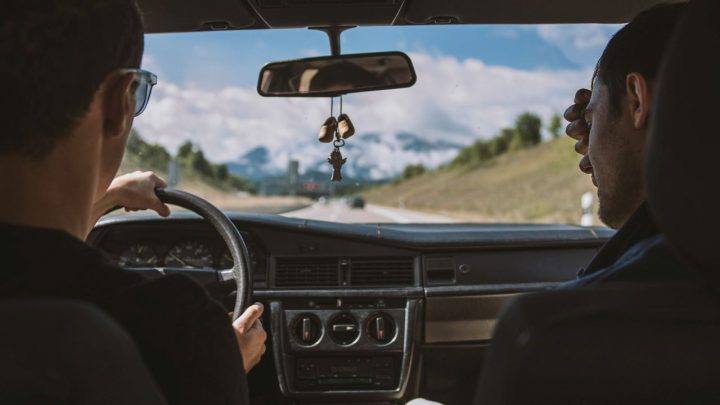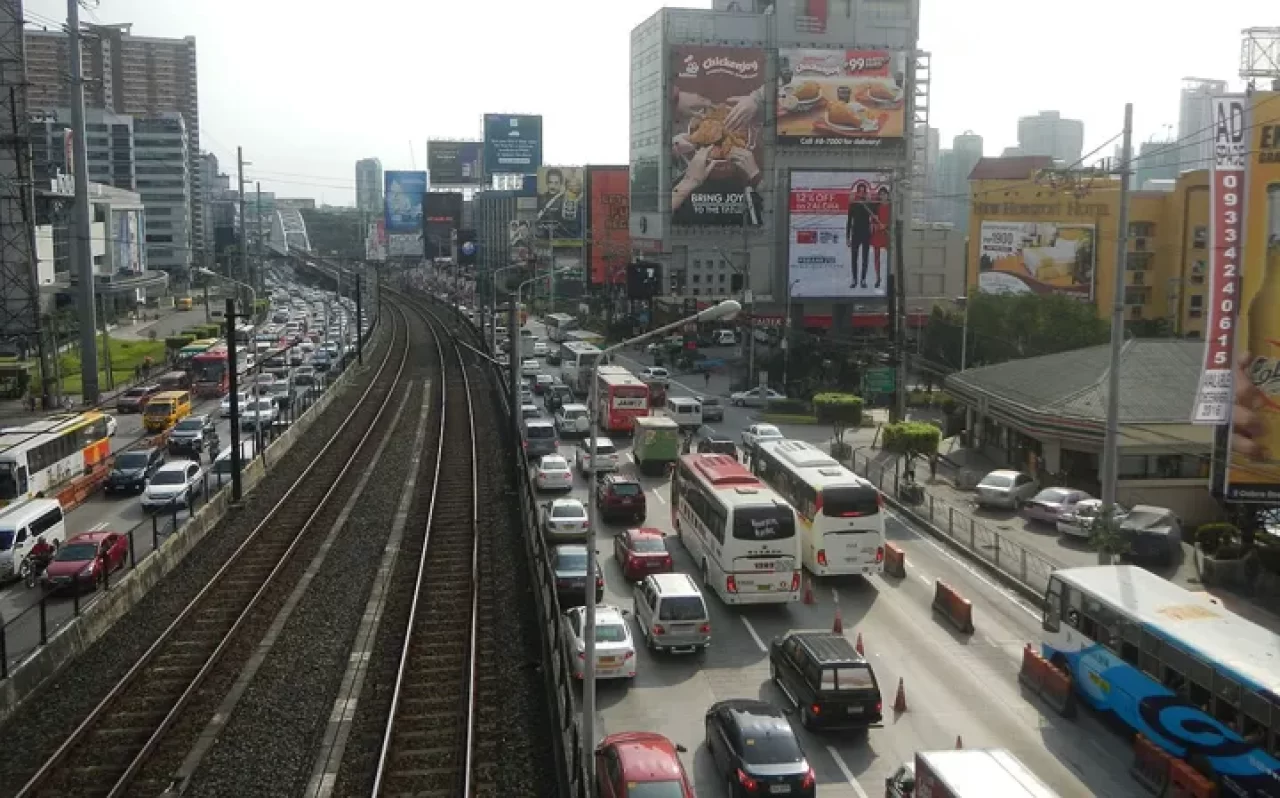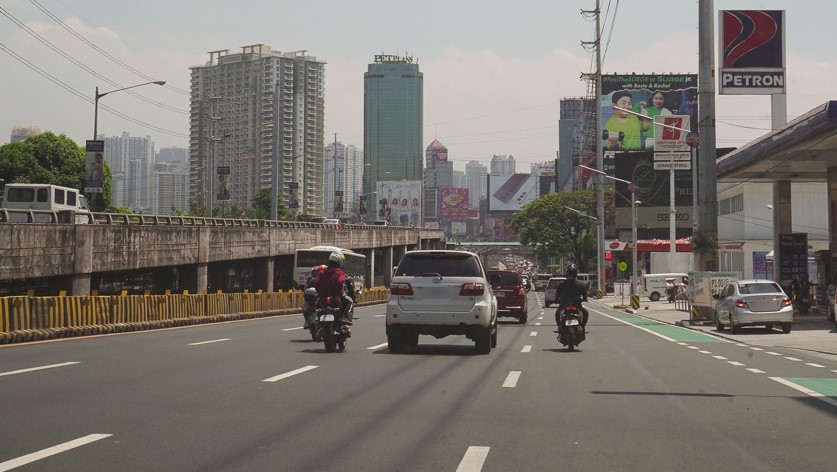
“Sharing is caring”, a phrase we all know. In relation to the country’s clogged-up roads, sharing may best be defined by the act of carpooling. By definition, it is an arrangement between 4 or more people (including the driver) to make a regular journey in a single vehicle instead. A Bill has been filed in the senate to encourage vehicle owners to be open to such arrangements, and a quick look at it proves that its authors might be on to something here.
Carpool Act of 2022 wants to incentivize ride-sharing

Otherwise known as House Bill No. 143 and received by the House of Representatives on June 30, 2022, lawmakers want vehicle owners to share rides with each other. The incentive? Those who do will be eligible to get 50% off on or even get free parking under certain conditions, 20% off on toll and fuel prices, and (this is probably going to be the best provision for so many people) exemption from the MMDA‘s UVVRP or Coding scheme.
To be considered as a carpool vehicle, there must be 4 individuals inside at any given time. Here’s where it gets just a little bit tricky. To be able to get any of the incentives and discounts, everyone must be a valid Driver’s License holder. Per its definition, the requirement that everyone must be a license holder is not included. Now we’re not lawmakers to any extent, but the statement “four people or more including the driver of a particular vehicle who would otherwise drive their own vehicles…” may be the provision that requires everyone to actually be a legal motor vehicle driver.
It must be said that for all freebies, discounts, and Coding exemptions, everyone in the carpool must be able to present their license. Until that’s all cleared up, we should be open to any interpretation, yes?
There are penalties and fines lined up in the Bill as well. Carpooling is first and foremost a free service; those who take in passengers and ask for payment but are not legitimate operators of PUVs are not allowed to do so and are seen as “colorum”, which is against the law. Anyone caught engaging in the practice of charging for carpool rides will have to pay anywhere between PHP 50,000USD 849INR 72,265EUR 818CNY 6,200 and PHP 100,000USD 1,698INR 144,530EUR 1,635CNY 12,400 and/or serve jail time of not less than 2 years. That’s a long time in the slammer.

Earlier we mentioned that the solons behind this Bill might be on to something good. Should it be passed into law, the responsibility for its enforcement and regulation falls on the shoulders of a great many government branches like the DOTC, LTO, the Toll Regulatory Board, DILG, MMDA, and even the Department of Energy. If all these agencies find a way to implement this properly, this might be an effective way to reduce traffic jams in metropolitan areas.
We’ll be following this House Bill with great interest, for sure. Let us know what you think as well. Will it be a solution, or will it prove to be another good plan but a not-so-good law?


